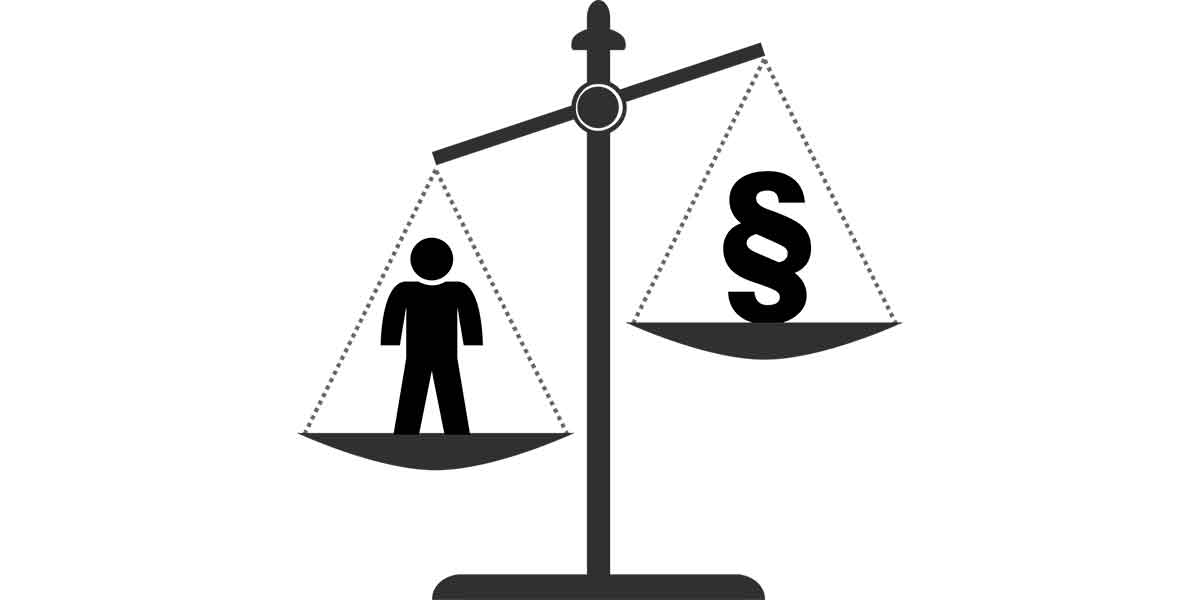Estate planning involves the strategic management of an individual’s assets after their passing. All the possessions owned by the individual become part of their estate, which is then distributed to beneficiaries and heirs according to their wishes.
In the realm of estate planning, individuals can create a will, establish a trust, or make charitable donations to ensure their estate is handled as desired. The instructions outlined in the will or trust dictate how the decedent’s estate will be distributed.
A crucial aspect of estate planning is considering the potential burden of estate taxes that heirs may face. To mitigate this, individuals can utilize trusts or charitable contributions to minimize tax implications.
Key Aspects of Estate Planning
- Will in Estate Planning
A will serves as a legal document detailing the wishes of an individual regarding the distribution of their assets posthumously. The testator appoints an executor who is responsible for executing the instructions outlined in the will and managing the estate through the probate process.
- Selecting a Competent Executor in Estate Planning
Choosing a capable executor is essential in estate planning to ensure the efficient administration of assets. An executor must accurately assess the decedent’s assets, settle debts and taxes, and distribute remaining funds to beneficiaries.
- Estate Planning for Tax Efficiency
Minimizing tax implications is a critical consideration in estate planning. Strategies such as establishing trusts, utilizing education funding accounts, and making charitable contributions can help reduce the tax burden on the estate.
- Role of Life Insurance in Estate Planning
Life insurance can play a significant role in estate planning by providing funds to cover taxes and debts without incurring additional tax liabilities. This ensures that the estate’s value remains intact for the beneficiaries.
effective estate planning facilitates a seamless transfer of assets to heirs, alleviating potential challenges for loved ones. By implementing a well-structured estate plan, individuals can safeguard their family’s financial well-being even after their passing.




